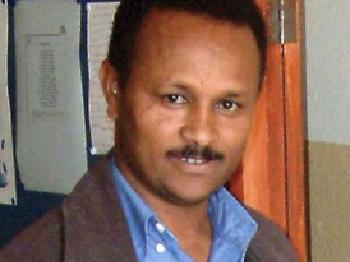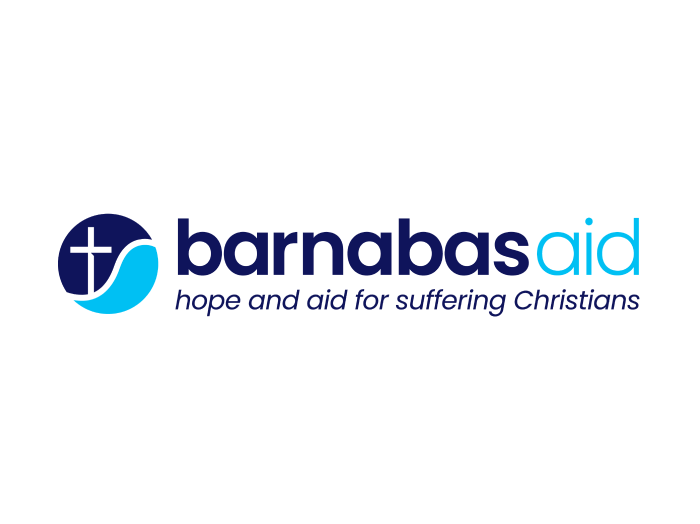The United Nations’ Special Rapporteur on human rights in Eritrea stated on 12 March that the country had made “no progress” in the last six years.
Speaking at a UN Human Rights Council dialogue on Eritrea, Sheila B. Keetharuth said that little had changed since 2012 and that “patterns of human rights violations … continued unabated.”
But her report was criticised by a Geneva-based UN watchdog, which highlighted the ongoing denial of religious freedom and the detention of thousands of Christians, which Keetharuth “failed to closely assess.”

Eritrea has been ruled by a repressive Marxist government since the country became independent from Ethiopia in 1993 following a 30-year war. Religious freedom is severely curtailed and only three Christian denominations are legally permitted; the government moved to shut down a number of Christian schools and clinics in January 2018.
Non-registered religious groups, which are considered a threat to the state, are severely persecuted; as of April 2017, there were thought be almost 3,000 religious prisoners in Eritrea, most of whom are Christians. Many are detained in appalling conditions.

